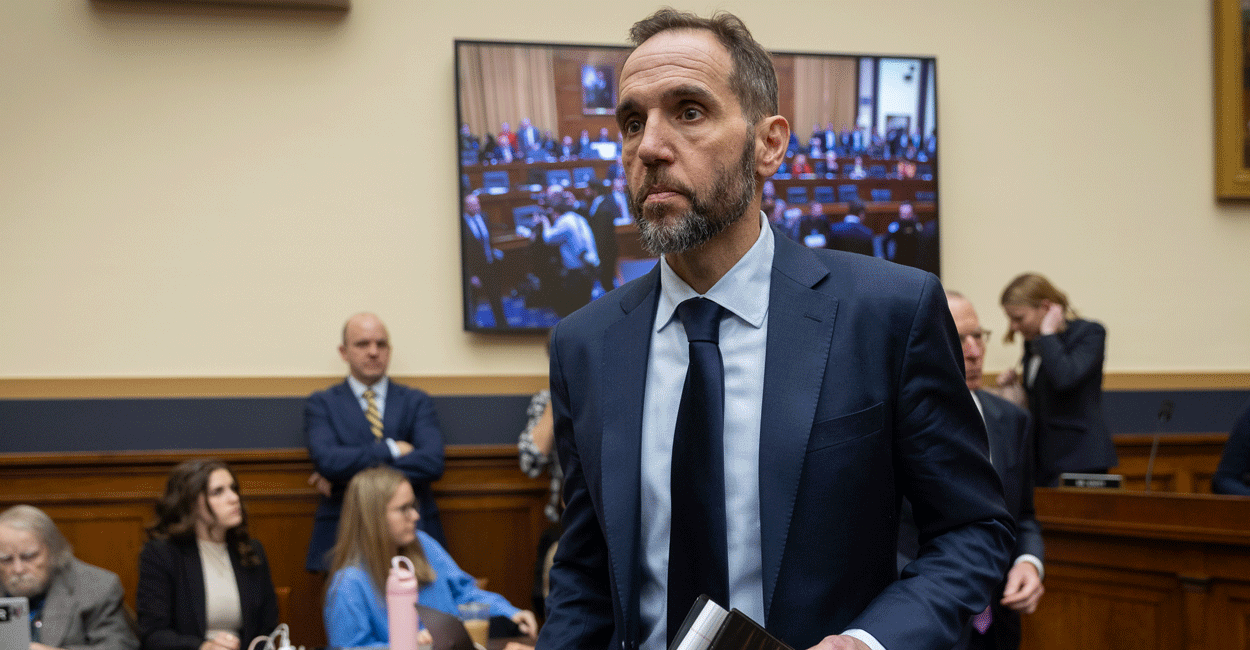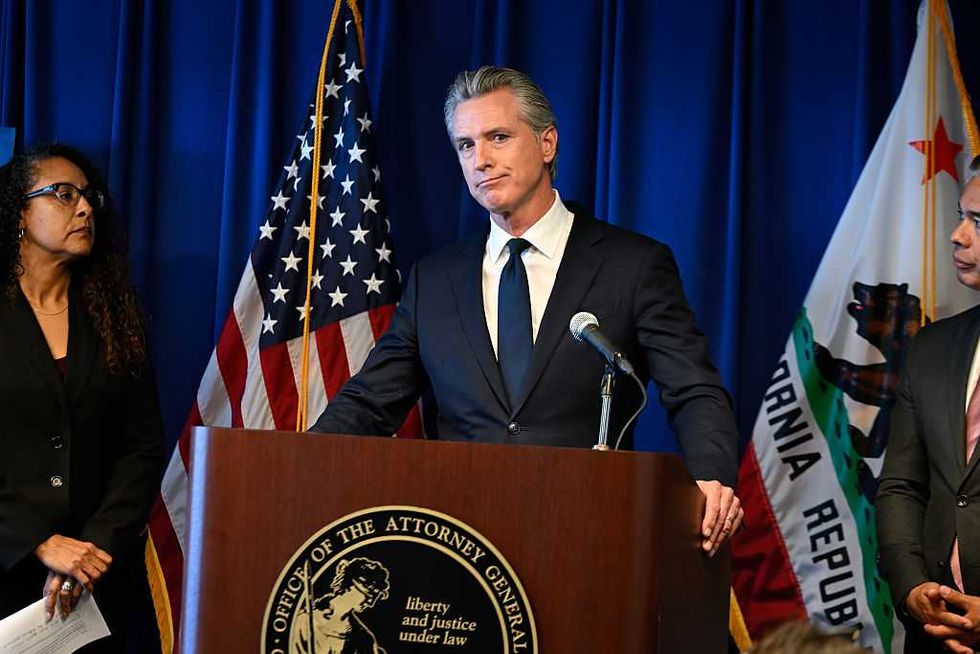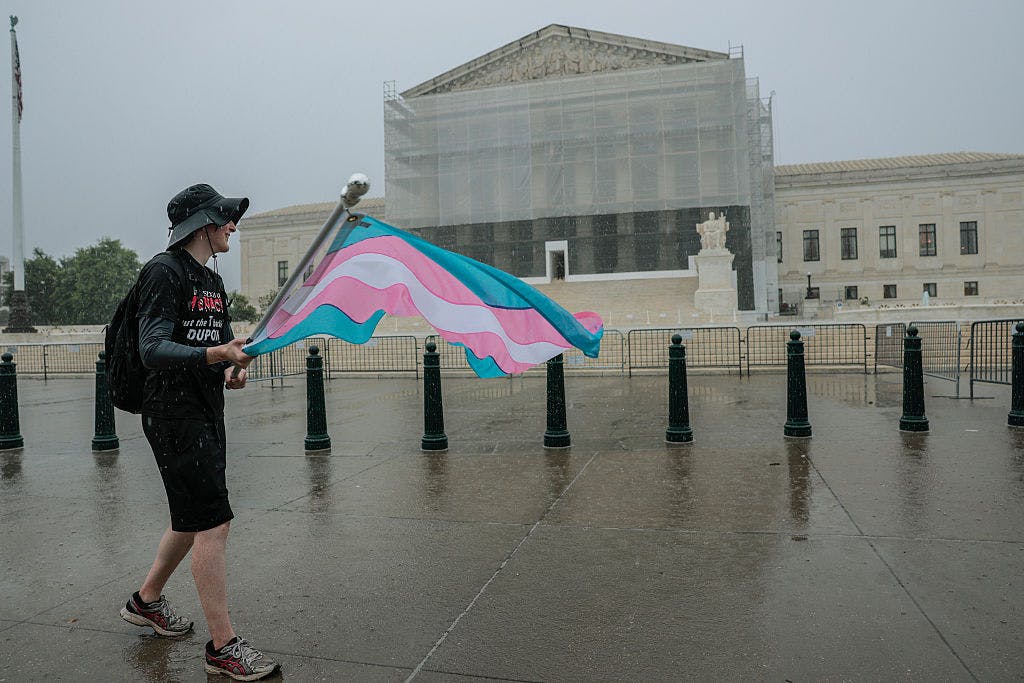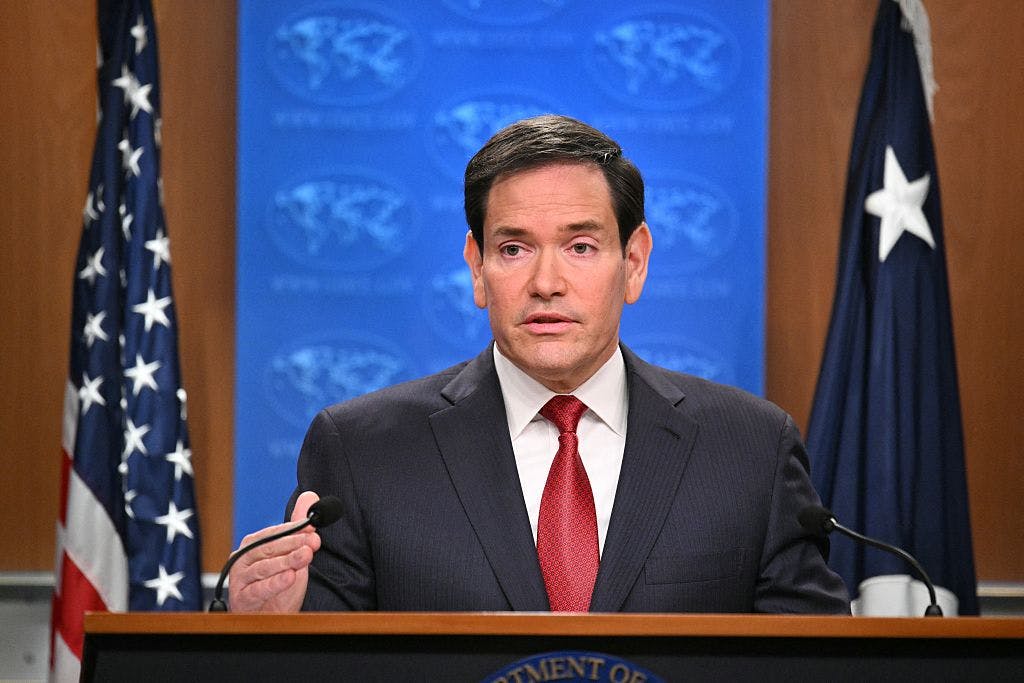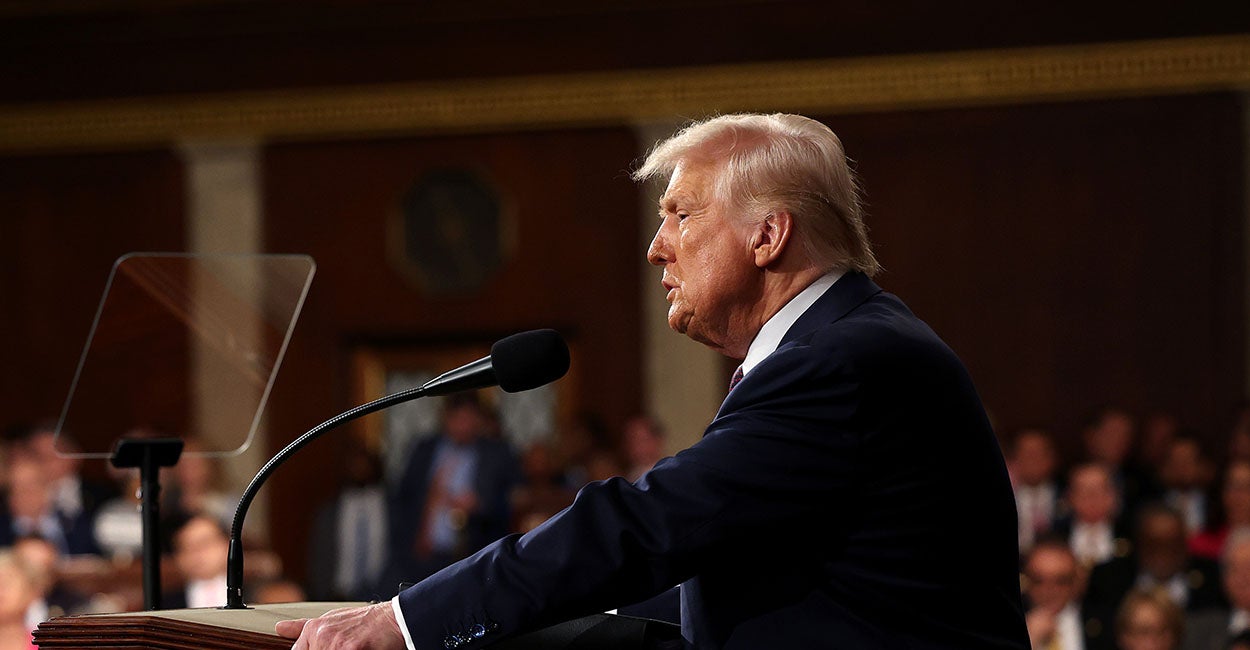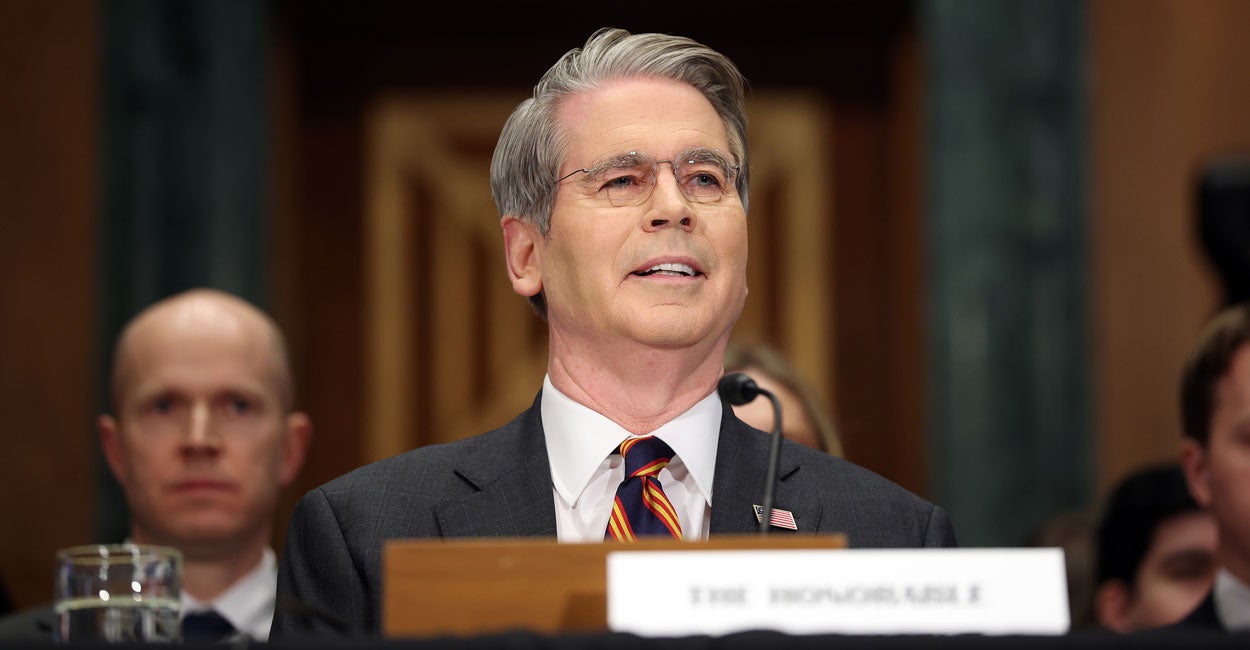Florida Becomes First State to Adopt Phoenix Declaration to Renew Education

On Thursday, Florida became the first state in the union to adopt the Phoenix Declaration as its guiding vision for education.
Live Your Best Retirement
Fun • Funds • Fitness • Freedom
After a brief hearing, the Florida Board of Education voted unanimously to adopt the principles of the declaration, which has seven planks: parental choice and responsibility, transparency and accountability, truth and goodness, cultural transmission, character formation, academic excellence, and citizenship.
The board described the Phoenix Declaration as a “powerful statement of principles” that “calls for a renewal and strengthening of American education that cultivates virtue, strives for excellence, imparts the wisdom of history, fosters a love of country and one’s fellow citizens, and teaches children to seek the good, true, and beautiful.”
“These principles are principles that everyone across the board, on both sides of the aisle, can agree with,” said Florida Commissioner of Education Anastasios Kamoutsas. “I’m excited to push this forward through the state board of education as a framework to continue to talk about what this board’s vision is for education.”
The Phoenix Declaration was unveiled earlier this year at The Heritage Foundation’s Conservative Vision of Education Conference. It was the product of more than a dozen policy experts, academics, and educators, and its signatories include current and former governors, state education chiefs, and more than 50 leading conservative thinkers and advocates.
“As one of the original public officials who signed on to the Phoenix Declaration, I knew how important it was for the State Board of Education to adopt it to serve as the unifying foundation for education in Florida,” said Ryan Petty, Chair of the State Board of Education. “The Phoenix Declaration will challenge us, as leaders, to resist complacency and ensure that Florida remains a national model for academic freedom, parental partnership and educational excellence.”
Critics of the declaration have struggled to find anything in it to oppose, so they have been forced to invent hidden meanings with which they can disagree. Left-wing education pundit Peter Greene called the values listed in the Phoenix Declaration “unobjectionable” but claimed that the “particular context” made them “icky.”
Likewise, Sue Woltanski of Accountabaloney concedes that the Phoenix Declaration “sounds relatively harmless” but warns that “beneath that polished rhetoric lies a clear ideological agenda.” She cites historian Tad Stoermer, who called the declaration “a sophisticated rebranding of culture-war politics — using lofty rhetoric about virtue and excellence to conceal an authoritarian, nationalist agenda aimed at censoring diverse histories and undermining public education.”
Of course, the Phoenix Declaration does no such thing. What it promotes is a vision of education—rooted in the American tradition—that seeks to renew and strengthen public and private education.
Stoermer claims that the Phoenix Declaration “promotes a selective, patriotic version of U.S. history that erases uncomfortable truths.” That couldn’t be further from the truth. Although the Phoenix Declaration unabashedly promotes patriotism—observing that a “republic depends upon an educated and patriotic citizenry”—it does not shy away from the ugly episodes in American history. What it rejects is revisionist history, like that of the 1619 Project, that fundamentally distorts American history by placing slavery rather than the ideals of liberty at the center of our national story.
As the Phoenix Declaration states: “Students should learn the whole truth about America—its merits and failings—without obscuring that America is a great source of good in the world and that we have a tradition that is worth passing on.”
Students must honestly reckon with the evil of slavery, segregation, and Jim Crow. But they should also learn that America’s founding principles of liberty, equality and natural rights—however imperfectly realized—provided the moral framework that ultimately made abolition and the civil rights movement possible and that has inspired freedom movements worldwide.
Likewise, Greene is wrong when he claims that the Phoenix Declaration “doesn’t particularly embrace pluralism or diversity as American virtues and values.” In fact, the declaration highlights “the value of civil disagreement” and calls on students to “study the best that has been thought and said, engaging in the great conversation among the competing viewpoints that comprise our intellectual heritage.” [emphasis added]
The preamble of the Phoenix Declaration intentionally cites both Thomas Jefferson and John Adams, two founding fathers who stood at opposite poles of the American Revolution’s political project—yet who shared a commitment to the nation’s core principles. America’s education system should intentionally cultivate American values, recognizing that there has always been a spectrum of thought within the tradition—Federalists and Anti-Federalists, conservatives and progressives, Republicans and Democrats.
Of course, that doesn’t mean all ideologies are included in this tradition. Some ideologies fall outside the American tradition, including communists on the far left and fascists on the far right—both of whom reject America’s foundational principles entirely.
Reformers like Frederick Douglass and Martin Luther King, Jr., who believed that America had more work to do to live up to its own principles, stand firmly within the American tradition. But those who argue that America’s central institutions and founding documents are irredeemably racist and must be replaced—such as Ibram X. Kendi and the architects of the 1619 Project—position themselves outside that tradition.
Likewise, those on the far right, who believe that America supposedly took a wrong turn when the Founding Fathers embraced the classical liberal ideas of John Locke, also stand outside the American tradition.
In taking the bold step to adopt the Phoenix Declaration, Florida has not only committed to high-quality, content-rich education but has also positioned itself as a pioneer in the much-needed renewal of America’s education system. By embracing the declaration’s core principles—academic rigor, moral and civic formation, and respect for parental choice—Florida is laying down a blueprint that other states can follow if they seek to restore schools as engines of opportunity, character, and community.
The post Florida Becomes First State to Adopt Phoenix Declaration to Renew Education appeared first on The Daily Signal.
Originally Published at Daily Wire, Daily Signal, or The Blaze
What's Your Reaction?
 Like
0
Like
0
 Dislike
0
Dislike
0
 Love
0
Love
0
 Funny
0
Funny
0
 Angry
0
Angry
0
 Sad
0
Sad
0
 Wow
0
Wow
0
